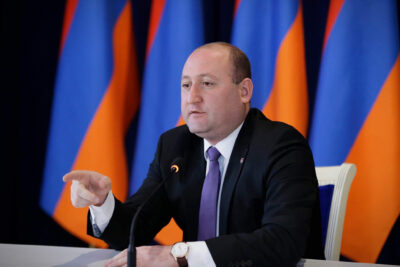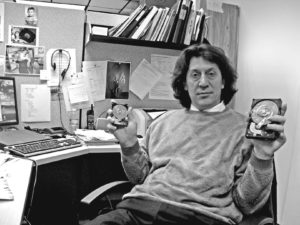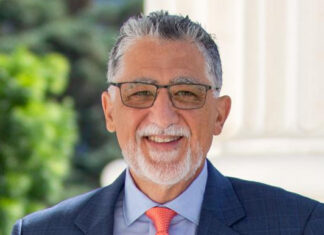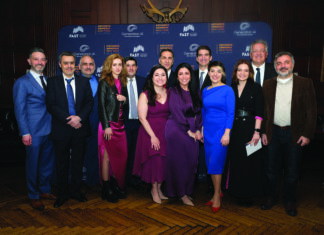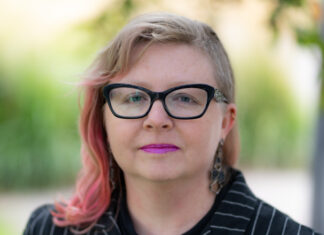By Anna Yukhananov
Special to the Mirror-Spectator
CAMBRIDGE, Mass. — Alfred Demirjian, the founder and chief executive of one of Boston’s first data recovery companies, careens through a yellow light before merging across four lanes onto the expressway. He speeds up, then takes both hands off the wheel to adjust the radio tuner.
“When I drive, I think,” Demirjian says. “It calms me down.”
He must be back in the office by 6 p.m. to collect a package from a customer. In the world of data recovery, there are no regular business hours.
